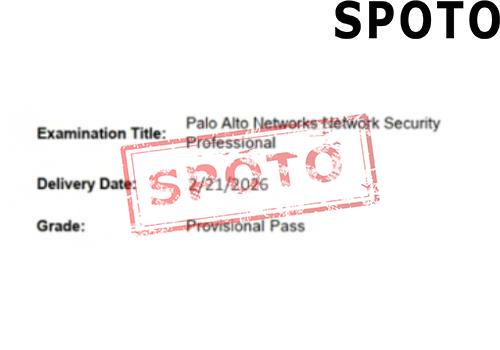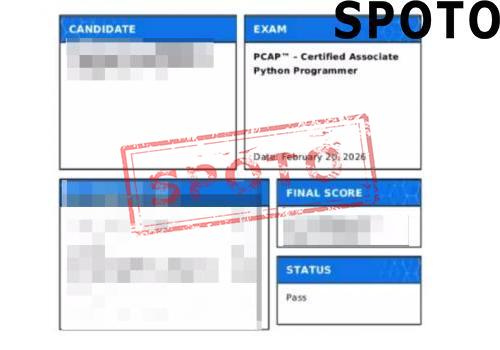
Table of Contents
Imagine leading a team that keeps an entire organization's technology running seamlessly—solving complex problems, mentoring support staff, and shaping IT strategies. If you thrive on managing people, solving technical puzzles, and making a tangible impact on business success, a career as an IT Support Manager might be your perfect next move. This role blends technical expertise with leadership, offering a dynamic environment full of growth opportunities and rewarding challenges.
1. What is an IT Support Manager?
An IT Support Manager is a vital leader responsible for overseeing an organization's technical support teams and ensuring smooth IT operations. They manage help desk personnel, coordinate technical support processes, and communicate complex technology concepts to both technical staff and end-users. Their primary goal is to resolve technical issues efficiently while maintaining high customer satisfaction.
Roles and Responsibilities
- Supervise daily support operations: Overseeing help desk functions and ensuring prompt responses to support requests.
- Lead and train support staff: Developing team skills through ongoing training, establishing best practices, and fostering a collaborative environment.
- Strategic planning: Creating IT support policies, planning for future technology needs, and managing budgets.
- Manage support tools and systems: Ensure ticketing systems, remote support tools, and documentation platforms are effectively utilized.
- Monitor performance: Using KPIs like response time, resolution time, and customer satisfaction scores to measure effectiveness.
- Ensure security and compliance: Make sure organizational IT infrastructure adheres to security standards and regulations.
- Customer and stakeholder engagement: Interacting with users, clients, and upper management, providing reports, and organizing training sessions.
The role requires a solid technical foundation spanning networks, security, hardware, and software applications, often supported by certifications like CompTIA A+, Network+, Security+, and ITIL frameworks.
Similar Specializations and Career Paths
- Help Desk Manager
- Technical Support Supervisor
- IT Support Team Lead
- IT Service Manager
- IT Support Director
Starting often involves roles like help desk technician or support analyst, with progression leading to mid-level positions and eventually to senior management. Certification programs such as CompTIA A+ (foundation), Network+, and Security+ are stepping stones that validate skills and enhance career prospects. Specializing further in cybersecurity or cloud services can open doors to more advanced roles.
2. Why become an IT Support Manager?
Salary Range
According to data from 2019, the median annual salary for an IT Support Manager was approximately $59,234. However, salaries vary based on experience, certifications, and geographic location. As the demand for IT leadership grows, competitive compensation packages are increasingly common.
Job Outlook
The growth outlook for this role remains promising. In 2019 alone, over 11,000 job postings for IT support managers were recorded. As organizations continue to rely heavily on technology, skilled support managers will be essential to maintain operational stability and security.
Other Advantages
- Career Growth: Opportunities to ascend into senior IT management or specialized roles.
- Skill Development: Continuous learning in the latest technologies, security standards, and leadership strategies.
- Impact: Direct influence on organizational efficiency and user satisfaction.
Becoming an IT support manager not only offers a rewarding career path but also a chance to develop a versatile skill set valuable across diverse industries.
3. How to Become an IT Support Manager?
Gain foundational experience: Start in entry-level roles such as help desk technician or support analyst. This provides technical expertise and customer service skills.
Earn relevant certifications: CompTIA certifications like A+, Network+, and Security+ demonstrate your skills and commitment. They are highly valued by employers.
Develop leadership skills: Seek opportunities to lead or supervise small teams or take on project management responsibilities to build management experience.
Advance your technical knowledge: Keep up with the latest trends in networking, security, and cloud computing through online courses and industry seminars.
Seek growth opportunities: Transition into mid-level roles, and aim for positions with increasing responsibility such as team lead or technical supervisor.
Continuously upgrade your certifications: Pursue advanced certifications like ITIL or cloud certifications to deepen expertise and boost your profile.
For those interested in fast-tracking their learning, SPOTO offers specialized courses that prepare candidates for certifications like CompTIA A+ and Network+. Their comprehensive training can significantly enhance your knowledge and confidence in pursuing an IT support managerial career.
4. Conclusion
Becoming an IT Support Manager offers a dynamic and rewarding career filled with growth opportunities, competitive salaries, and the chance to lead impactful teams. With a solid foundation of technical skills, ongoing certification pursuit—especially through reputable programs like CompTIA—and leadership development, you can position yourself as a valuable IT support leader.
Invest in your future by enhancing your skillset with SPOTO's industry-recognized courses, and stay ahead of the evolving IT landscape. Whether you're just starting or looking to elevate your career, the path to becoming an IT Support Manager is both achievable and rewarding in today's tech-driven world.










